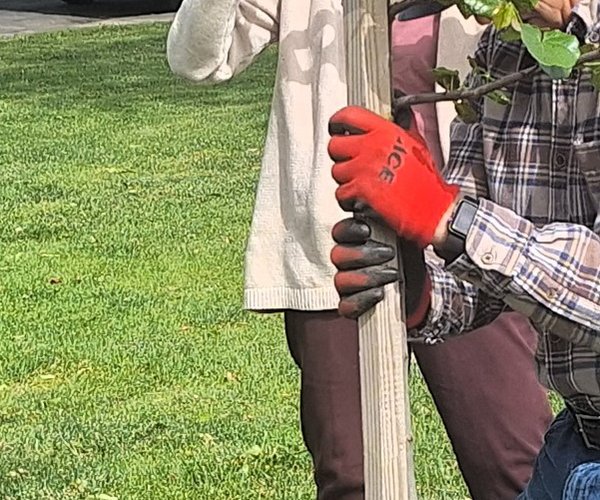A slew of California tech start-ups — from DoorDash and Airbnb based in San Francisco to Snowflake in San Mateo — went public in 2020 fetching as much as 2½ times their estimated value during their initial public offerings.
As a result Gov. Gavin Newsom — despite sales tax plummeting statewide — has been able to propose a state budget for the fiscal year starting July 1, 2021 that will provide California’s full funding of $85.8 billion for the upcoming school year as mandated by voters when they passed Proposition 98 in 1998.
In addition Newsom is proposing $4 billion to fund summer school to help catch up on learning deficits created by remote learning. The governor also wants the legislature to approve $2 billion to help schools with COVID-19 safety related expenses.
It is a far cry from warnings made just six months ago that schools would see up to 10 percent of money deferred the state was obligated to provide them under Proposition 98. That projected cutback on funding was the result of the $54 billion deficit the pandemic lockdown was expected to put in the state budget through at least June of 2022.
“We should be alright for next year,” Manteca Unified community outreach coordinator Victoria Brunn said. “Our concern is 2022-2023.”
That’s because the upcoming budget year’s hole is being plugged and then some by windfall taxes on profits holders of shares in startups such as DoorDash made when their companies went public.
Windfall taxes are essentially one and done.
That means the more pedestrian tax sources — sales and property — will again in 2022-2023 be the default driver of the state budget that essentially funds almost all of public education from transitional kindergarten through community colleges in California.
Economists do not anticipate a rapid recovery from traditional retail once the pandemic fades in California. Depressed sales tax revenue is expected to continue.
And while no one is predicting a drop in residential property taxes currently, the prospective of foreclosures that haven been put on hold for the most part since the start of the pandemic would spark a depression in prices if the homes aren’t snapped up at current market prices.
That would mean residential property taxes in some parts of California could drop as it did in 2008 during the mortgage meltdown and Great Recession.
This time around retail property as well as office property could also to into a tailspin if the rough recovery forces sales of distressed commercial property — something that did not happen in 2008.
It doesn’t matter where the hits are given under California school funding local property taxes that are generated reduce the amount of allocated state funding on a proportional basis. It has been that way since the passage of Proposition 13. So even if Manteca Unified property tax rolls continue to swell due to new home and distribution center growth it won’t translate into an equal growth in school district revenues.
The only exceptions are community facilities districts and bond repayment. More property tax growth locally through new construction reduces the amount of money existing property owners are obligated to pay in each case.
Brunn noted the district expects to have a somewhat clearer picture of the nuts and bolts of Newsom’s proposal later this month.
If the general framework holds and is approved by the legislature it will take pressure off the upcoming school year and kick it down the road to 2022-2023.
To contact Dennis Wyatt, email dwyatt@mantecabulletin.com





